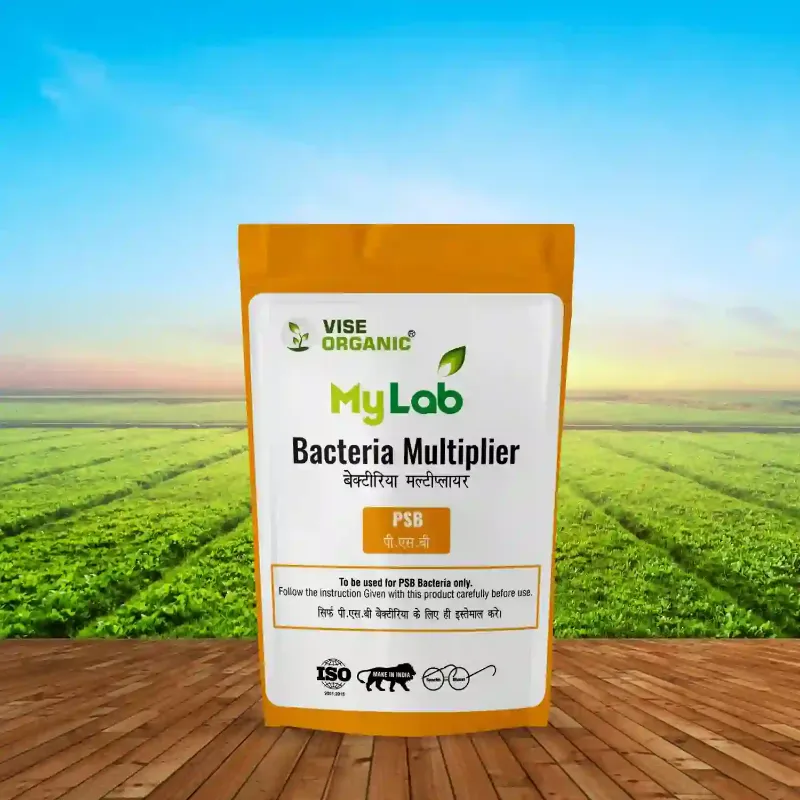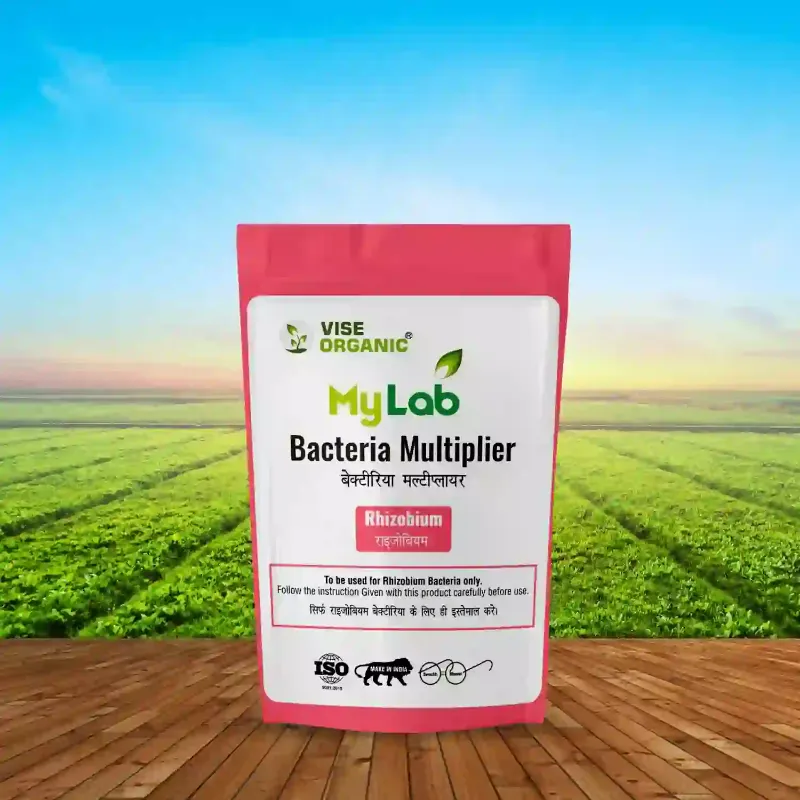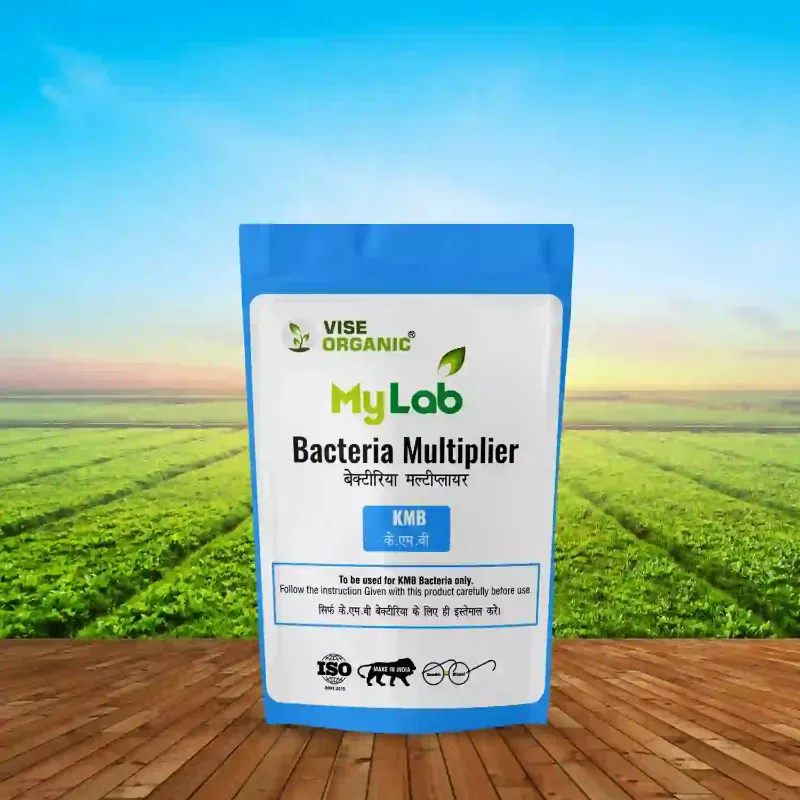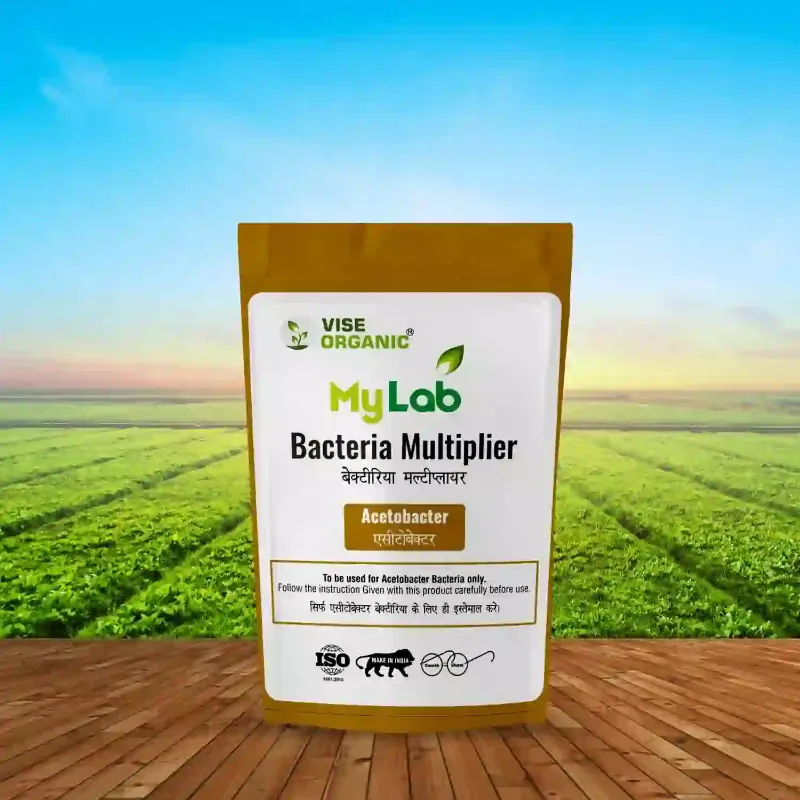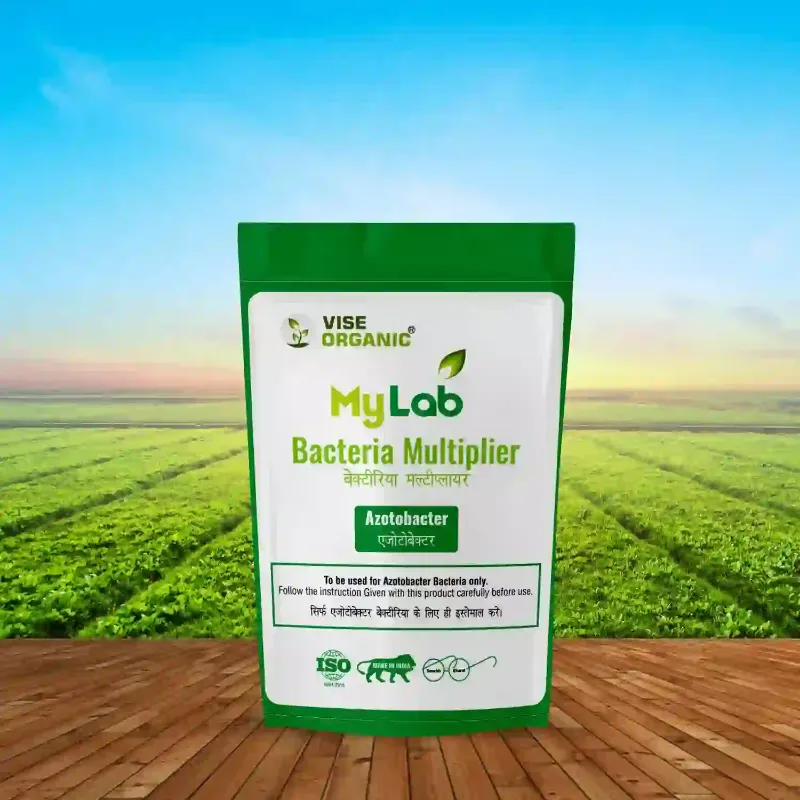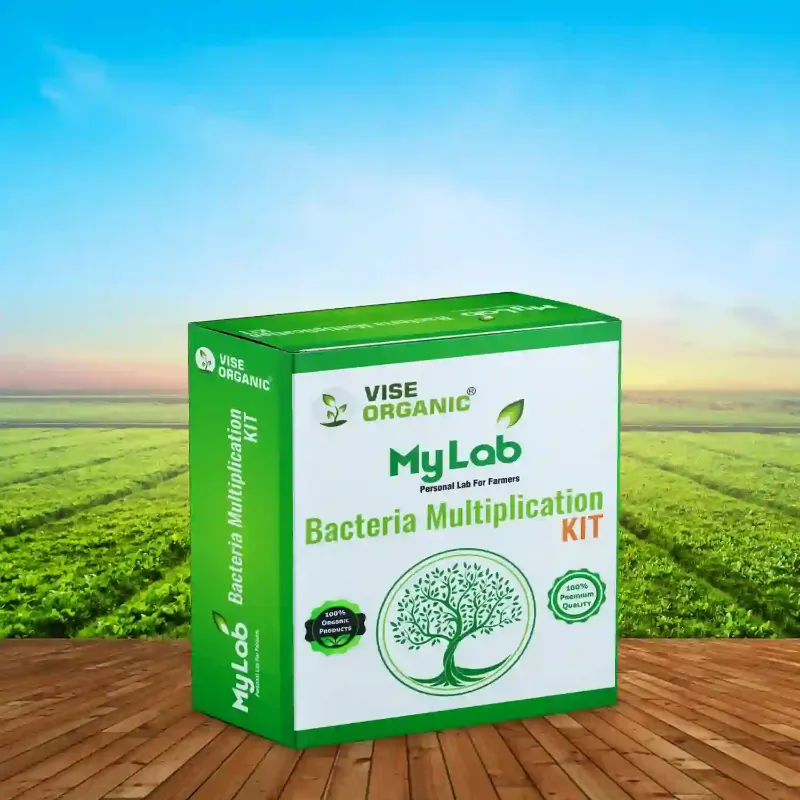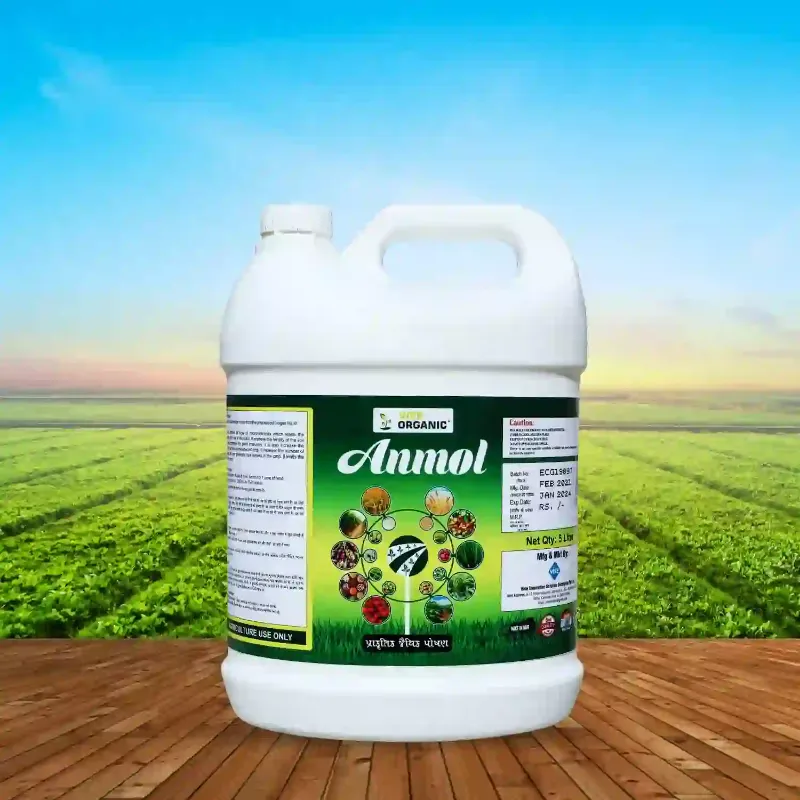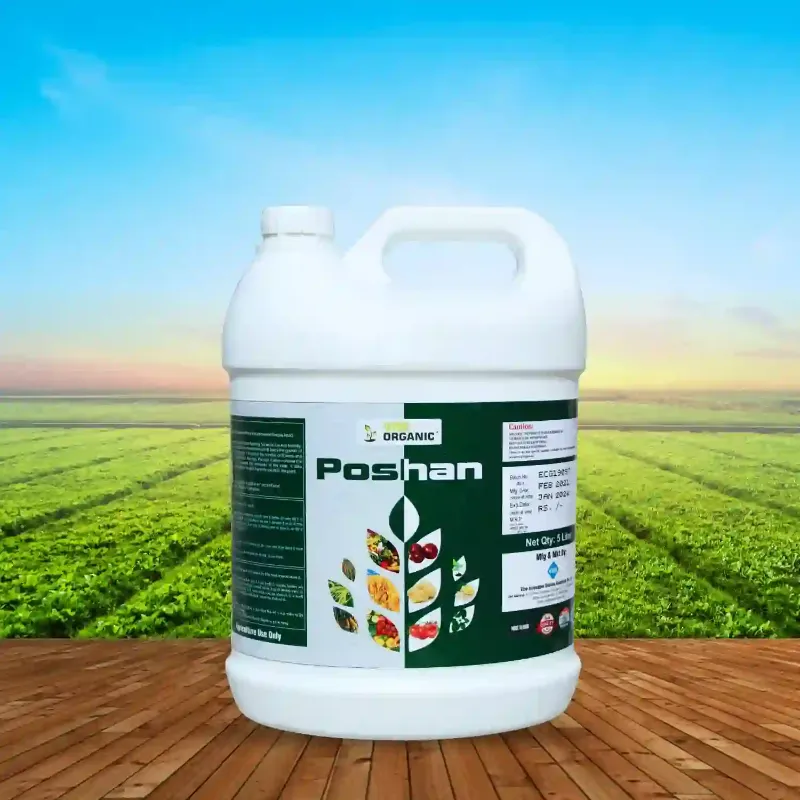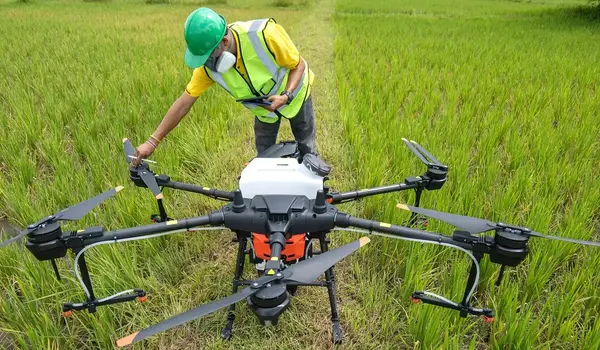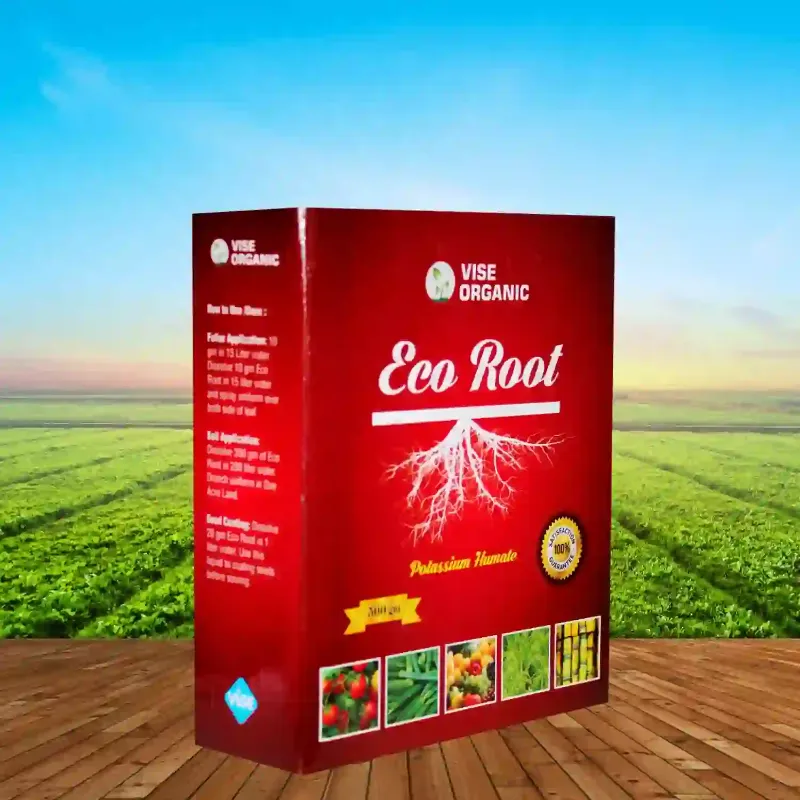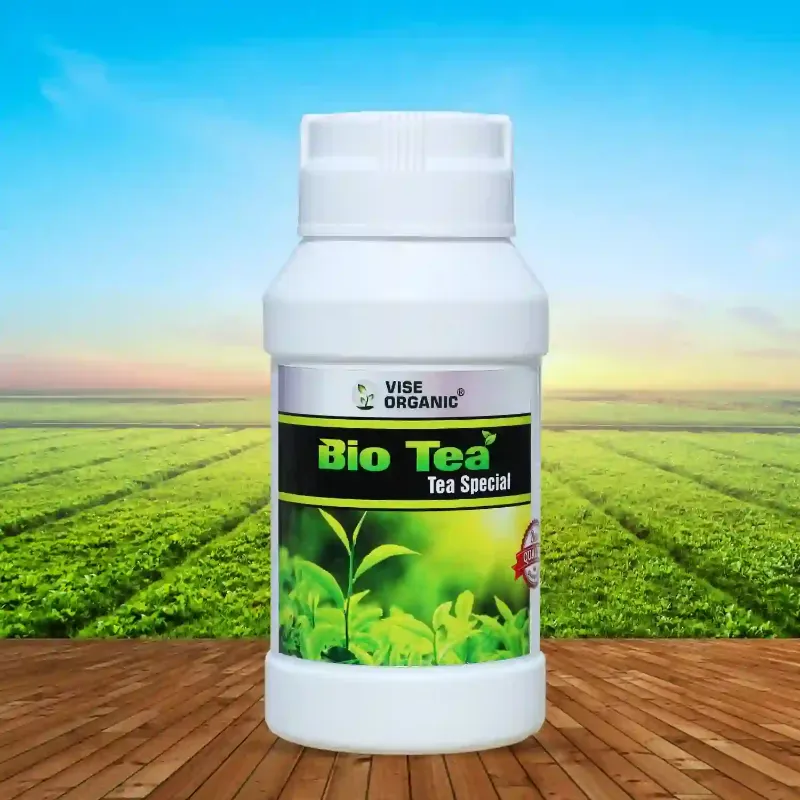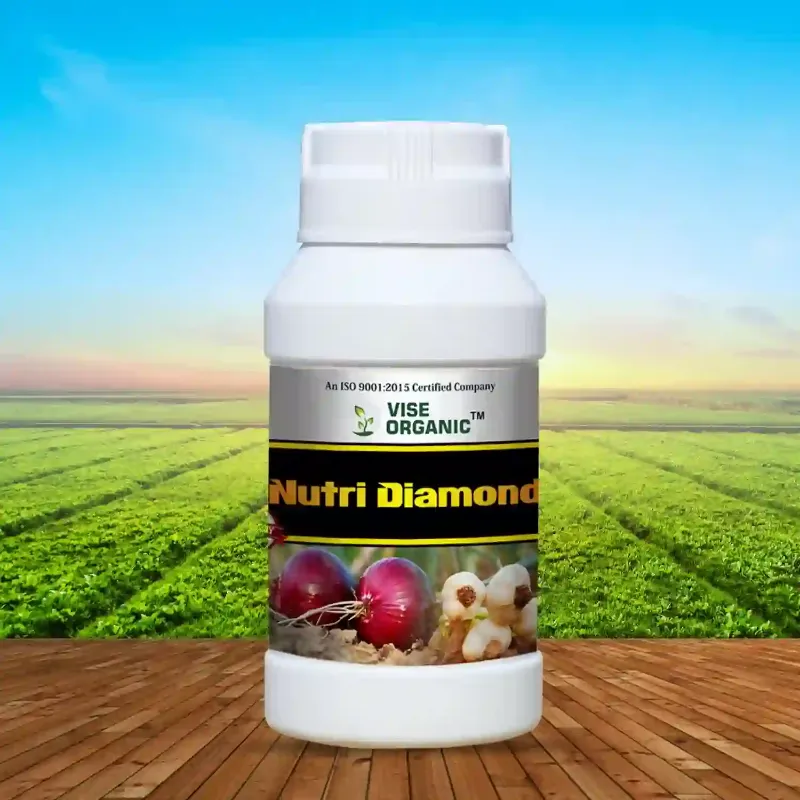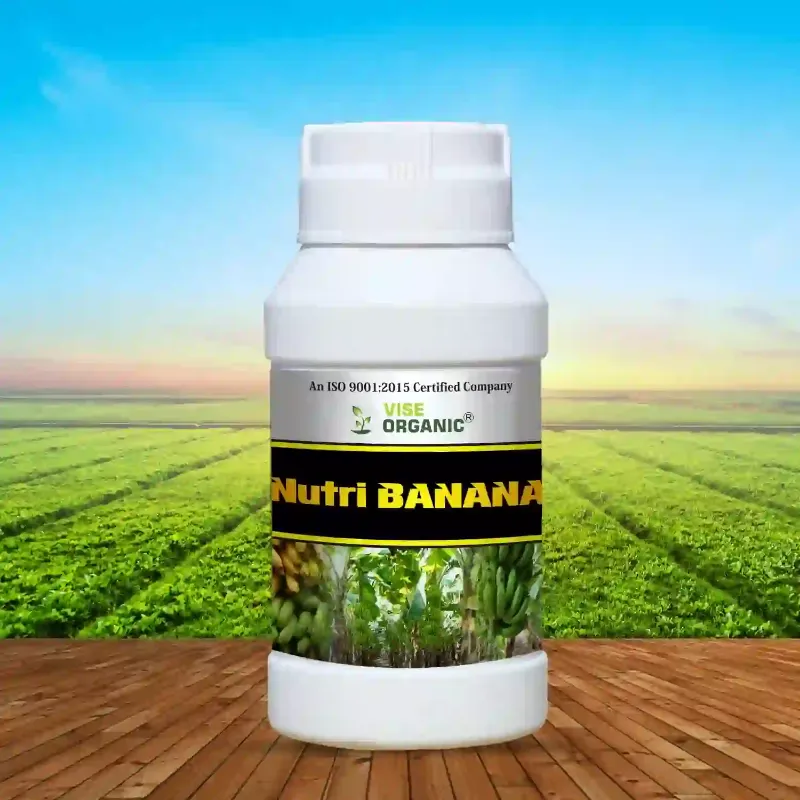Introduction
Vise organic is a leader in advancing sustainable agriculture through innovative organic farming solutions. We are committed to integrating cutting-edge technologies to improve efficiency and productivity while maintaining the highest standards of environmental stewardship. Technological advancements are transforming organic farming, making it more efficient and sustainable. Key innovations include precision agriculture tools, which use GPS and data analytics to optimize resource use and reduce waste. Drones and remote sensing technologies help monitor crop health and soil conditions in real-time, allowing for precise interventions. Automated systems for planting, weeding, and harvesting increase productivity while minimizing manual labor. Additionally, advancements in soil health monitoring and organic pest management technologies support healthier crops and ecosystems. These technologies not only boost efficiency but also enhance the overall effectiveness of organic farming practices by aligning them with modern agricultural needs.
Benefits of Technology in Organic Farming
- Precision Resource Management: Technologies like GPS and data analytics optimize the use of water, fertilizers, and other inputs.
- Enhanced Monitoring: Drones and remote sensing provide real-time data on crop health and soil conditions.
- Increased Efficiency: Automation in planting, weeding, and harvesting improves productivity and reduces labor costs.
- Improved Soil Health: Advanced soil monitoring helps maintain soil fertility and health.
- Effective Pest Management: Innovative organic pest management solutions target pests more precisely, reducing crop damage.
- Reduced Waste: Precision technologies minimize resource waste and environmental impact.
- Better Yield Predictions: Data analytics enable more accurate forecasting of crop yields and market needs.
- Sustainable Practices: Technology supports practices that are both productive and environmentally friendly.
Technologies enhancing efficiency in organic farming include:
- Precision Agriculture: Utilizes GPS and data analytics to manage resources efficiently, reducing waste and improving crop yields.
- Drones and Remote Sensing: Provides real-time monitoring of crop health and soil conditions, thereby allowing for timely and precise interventions. Consequently, this capability ensures that any issues can be addressed promptly, leading to improved agricultural outcomes.
- Automated Systems: Involves automation in planting, weeding, and harvesting, which increases efficiency and reduces manual labor.
- Advanced Soil Health Monitoring: Technologies that track soil conditions and nutrient levels help maintain soil fertility and promote healthier crops.
- Organic Pest Management Solutions: New tools and methods for managing pests more precisely and effectively, reducing the need for broad-spectrum chemical treatments.
Conclusion
Technological advancements are revolutionizing organic farming by significantly enhancing efficiency, productivity, and sustainability. Moreover, these innovations not only streamline traditional practices but also contribute to more eco-friendly methods. Consequently, organic farming is becoming more productive and environmentally sustainable than ever before. By incorporating precision agriculture tools, drones, automation, and advanced monitoring systems, farmers can optimize resource use. Moreover, these technologies improve crop health and, consequently, reduce environmental impact. These innovations not only support the goals of organic farming but also address modern agricultural challenges, making farming practices more effective and aligned with sustainable development. As technology continues to evolve, its integration into organic farming practices will drive further improvements, ensuring a more productive and eco-friendly future for agriculture. Embracing these technologies is essential for advancing organic farming and achieving long-term sustainability.

